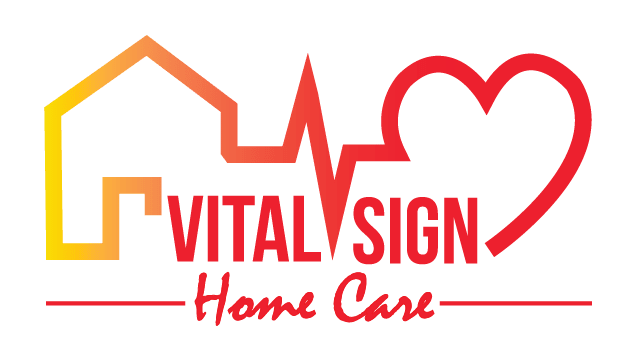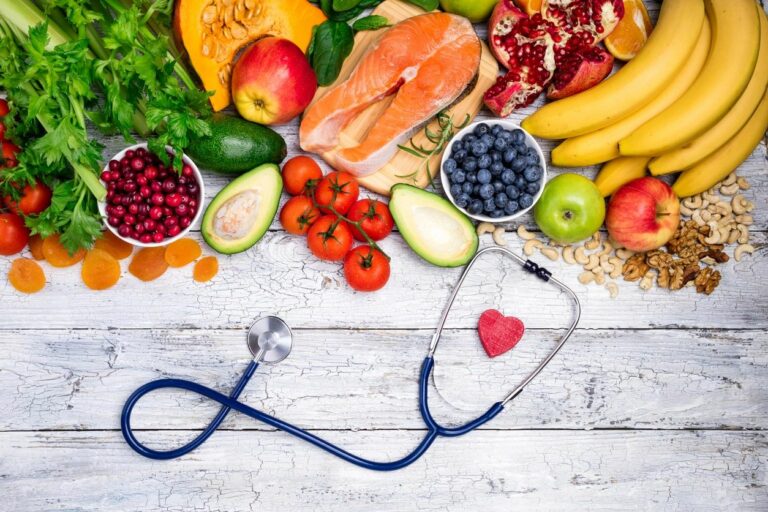The Benefits of a Heart-Healthy Diet
The human heart is capable of amazing things. As the organ that keeps us alive, keeping your heart in good shape is essential to living a long and healthy life. One of the best ways to keep your heart healthy is to follow a heart-healthy diet rich in foods that support your heart. This post goes over everything you should know about following a heart-healthy diet including what it means, foods you should eat or avoid, and tips to support your overall heart health.
What Does it Mean to Eat Heart Healthy?
The phrase heart healthy is used a lot. But what does it mean to eat that way? Eating heart-healthy means lowering your blood pressure and blood sugar, reducing body weight, your triglycerides, and reducing total and LDL cholesterol. Eating heart-healthy also means being able to distinguish between good types of fats that support your health and bad fats that don’t support your health.
Not all fats are bad, and they are a major source of energy. Search for foods that have monounsaturated fats and polyunsaturated fats. Saturated fats are in the middle, which means they aren’t necessarily good but are not necessarily bad either. Trans fats are the worst of fats. They are banned in the United States and other countries, but they were found in hydrogenated vegetable oils and used in things like commercially baked pastries and fast-food fries.
Trans fats are bad because they aren’t good for your overall health, causing things like a rise in LDL cholesterol.
Heart-Healthy Food Suggestions
There are different ways to increase your intake of heart-healthy foods. The best way to support your heart health is to follow tips like:
Increasing your fruits and vegetables – Aim for seven to nine servings per day. Getting a good serving of half a banana, half a cup of cooked vegetables, or a salad is an excellent start towards the servings you need to have. Buy pre-cut fruits or vegetables to make it easy to grab a quick snack. Use them as the main ingredients when you cook to help increase your servings per day. Avoid any fried or breaded veggies, along with frozen fruits that have added sugar or that are packed in syrup.
Eat low-fat protein sources – Lean meats, eggs, and low-fat dairy products are some of the best sources of this. Skinless chicken breast and fish rich in omega-3 fatty acids will help support the heart. Try cold-water fish like salmon or mackerel. Other things like walnuts, flaxseed, beans, pasta, and lentils offer protein and an increase in fiber as well. Things like spareribs, fatty and marbled meats, and full-fat dairy products should be avoided.
Increase Whole Grains – Reduce processed or refined carbohydrates like white bread, pasta, and rice. You can replace them with whole-grain bread, barley, brown rice, oats, and whole-wheat pasta. These types of food provide you with more fiber, vitamins, minerals, and antioxidants than refined carbohydrates.
Cut back salt in your foods – Everyone needs some amount of salt in their diet to stay healthy and hydrated, which is why most adults should aim for 1,500 milligrams of sodium per day. People often have much more than that, which can lead to high blood pressure and increase the risk for heart disease. Pick things like salt-free seasoning blends, canned or prepared meals that have lower amounts of salt. Swapping sea salt for table salt and avoiding frozen dinners and restaurant meals will also help.
Tips to Support Your Heart Health
In addition to eating a diet that consists of colorful foods rich in protein, fruits, vegetables, and less sodium, there are a few other tips to consider such as not skipping meals. Eating smaller portions four to six times a day supports weight loss and provides the nutrients your body needs to stay healthy. In contrast, skipping meals lowers metabolism. Researchers have found that people who eat less food more frequently have lower cholesterol levels.
Maintain a healthy weight. Talk with your doctor or a dietician about what a healthy weight is for you. Even a 5% or 10% loss in body weight can have a significant impact on your overall heart health.
A healthy diet combined with exercise helps to improve heart health, cholesterol, and blood pressure. Going for a walk for at least a half-hour on most days benefits your heart health a lot. Make sure to check with your doctor before starting an exercise routine.
The caregivers at Vital Sign Home Care know all about maintaining heart health. If you are searching for a caregiver to help you with tasks like meal preparation, personal care, and companionship in the Baltimore, MD area. Reach out to us today!
Venus had a stroke in 2018, she had no movement on the right side of her body and was unable to speak. Venus has made great progress since then and shows up everyday doing her best. She takes pride in overcoming obstacles and never giving up, which has allowed her to obtain a level of success in healthcare.
- Tips for Exercising with Parkinson’s Disease - November 5, 2024
- What to Know About Senior Self-Care Products - October 17, 2024
- Supporting Seniors as They Navigate Daily Changes - October 3, 2024

